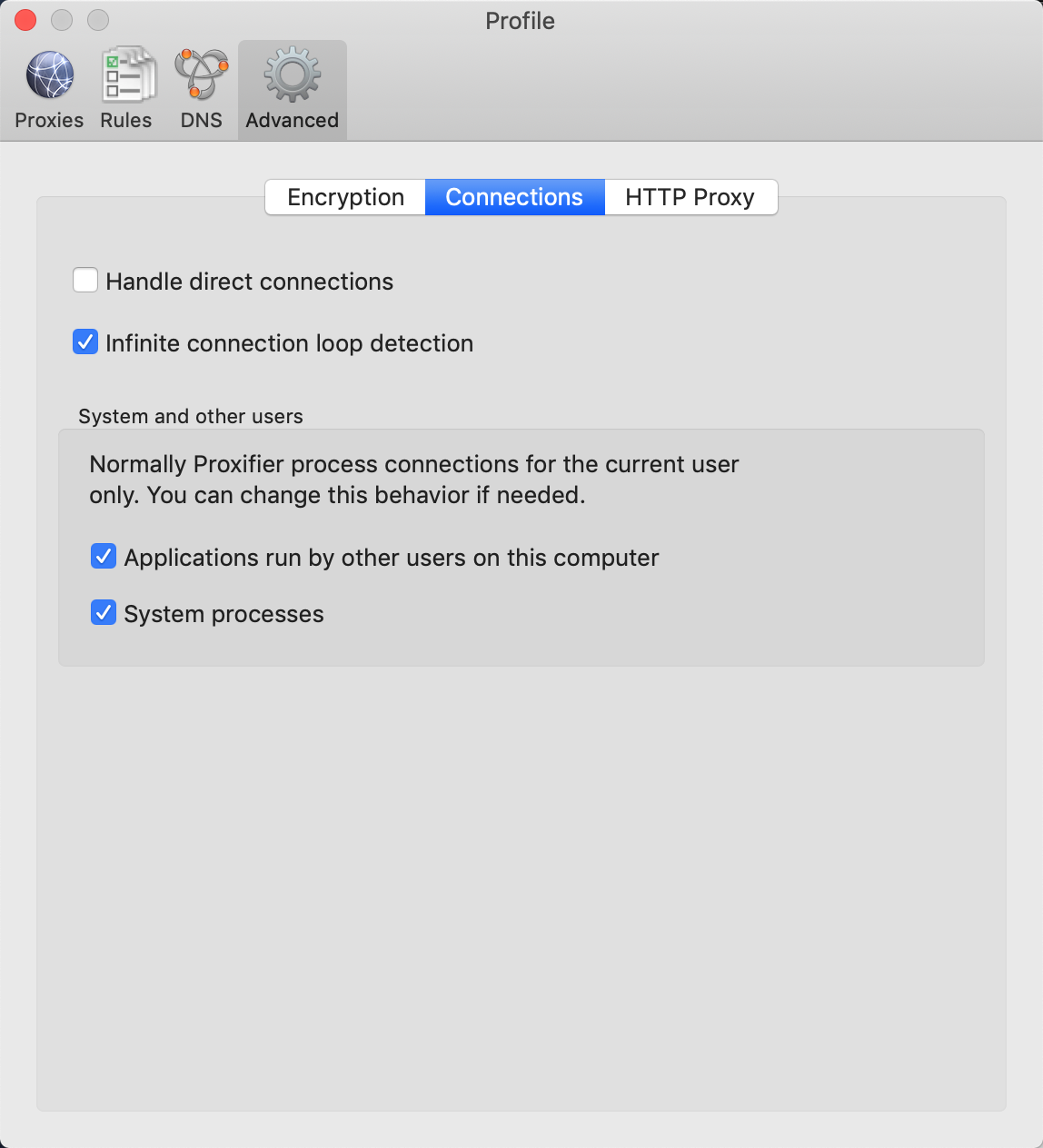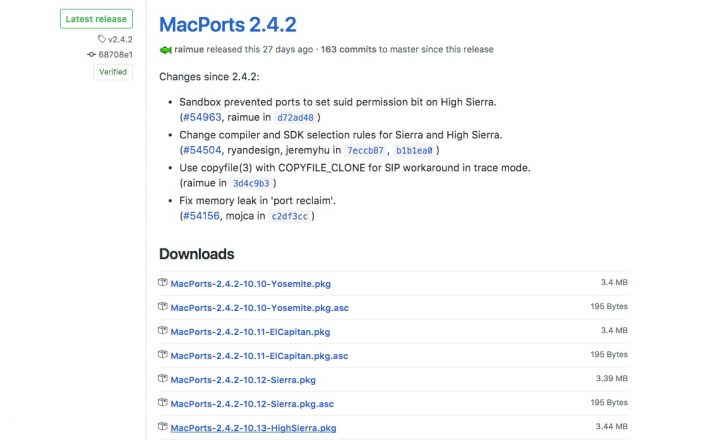

In case a package is broken, you can force a rebuild: The following installed ports are outdated: In case the Portfile defines subports (such as most Python and Perl modules do):įirst, download new package descriptions: Make sure you have a Portfile in a folder with the same name of the port. It is possible to create a Portfile, and run that build script.

To force the package to be build from source, specify: If available, a precompiled binary of a package is installed. See also Config:MacPorts Packages for a list of currently installed packages.

This typically gives a list of packages that you can uninstall without problems (a common reason how they get installed is due to build dependencies): To list all ports that are not requested, but have no dependents (e.g. It certainly helps that MacPorts nowadays provides binary packages, which both reduces the total compile time as well as the number of build dependencies.įor a good manual, see Installing a Packageįirst, get new packages description, and install a particular package: with X11 from Xfree to Xorg or from gcc to llvm compiler, and I'm sure that a migration of Python 2 to Python 3 will also introduce some issues) that I prefer MacPort's philosophy to avoid these issues. While I dislike the long dependency list, I've seen too many migration problems (e.g. This increases robustness, at the downside of requiring long dependency lists. One of the most striking features of MacPorts is that it provides its own libraries rather than relying on the Apple-provided libraries. It is more active than Fink and Homebrew (in number of provided packages)
#Macports reinstall ruby for mac os
MacPorts is currently my preferred package manager for Mac OS X.


 0 kommentar(er)
0 kommentar(er)
